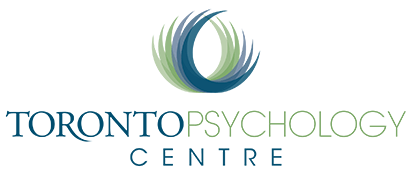
Child and Adolescent Neuropsychology
Welcome to our child and adolescent neuropsychological assessment service. We aim to provide you with the necessary direction to make a meaningful difference to your child’s life.
Our assessments are intended to present a whole picture of your child and deepen your understanding of their strengths and areas of challenge. We go beyond diagnostic labels and instead translate our assessment findings into a roadmap that will nurture resilience in your child and support their developmental needs.
Feedback from testing can be instrumental in offering specific recommendations that will empower you and your child in reaching their goals. Ultimately, we want our assessments to better set you and your child up for success.
How can neuropsychological assessments help your child?
Neuropsychological assessments help you gain a better understanding of your child’s attention and memory, behavioural and emotional patterns, language, perception, visual-spatial abilities, planning, and problem-solving skills. Neuropsychologists focus on understanding why a child is having difficulties and how these issues may relate to brain functioning.
Assessments can help increase your knowledge of the effects on your child’s functioning when experiencing medically complex conditions such as brain infections, cancer/tumors/chemotherapy, genetic syndromes, head trauma, movement disorders, seizures, spina bifida, stroke, and Tourette Syndrome.
Neuropsychological assessments can also involve psychoeducational testing for ADHD and learning disorders such as dyslexia, dysgraphia, dyscalculia, auditory processing, language processing, nonverbal learning disabilities and visual perceptual/visual motor deficits.
Resilience: how to bounce back from obstacles
Individuals who are resilient can effectively adapt to stress and challenging life circumstances. A large body of research strongly indicates that the single most common factor for children who develop resilience is having at least one stable and committed relationship with a supportive parent, caregiver, or other adult. These relationships provide the necessary scaffolding, responsiveness, and protection that promotes growth.
How a neuropsychological assessment can support resilience
A neuropsychological assessment can provide necessary information to understand and support your child through challenges they may face so that they are in the best position to thrive throughout their life.
Nurturing each child is about building on positives and having advocates who know how to help. Our child and adolescent neuropsychologist, Dr. Dragana Ostojic-Aitkens has extensive training and experience at school boards, rehabilitation institutes, and hospitals such as SickKids.
Dr. Ostojic-Aitkens aims to make the assessment process a positive experience. To that end, she strives to foster a trusting and warm environment when working with children, youth and their families. Dr. Ostojic-Aitkens brings experience and engagement to the assessment process and when communicating test findings. Each assessment is evidenced-based, and tailored to meet the unique needs of each client – and crafted in a clear and direct language for parents and caregivers
How assessments can support student learning
For support in school, it is important to determine not just how much your child has learned, but how they learn and go about the task of solving problems. Assessments are important for providing feedback regarding a student’s knowledge base, performance abilities, strengths, and needs. This feedback is critical to inform us about how kids learn, what teaching methods are most effective, and what strategies are needed to support student learning and long-term success. Assessments are also valuable in empowering students and parents to better advocate for their needs.
Please contact us to learn more about neuropsychological and psychoeducational services for children and adolescents.
Read more about our child and adolescent neuropsychologist, Dr. Dragana Ostojic-Aitkens here
